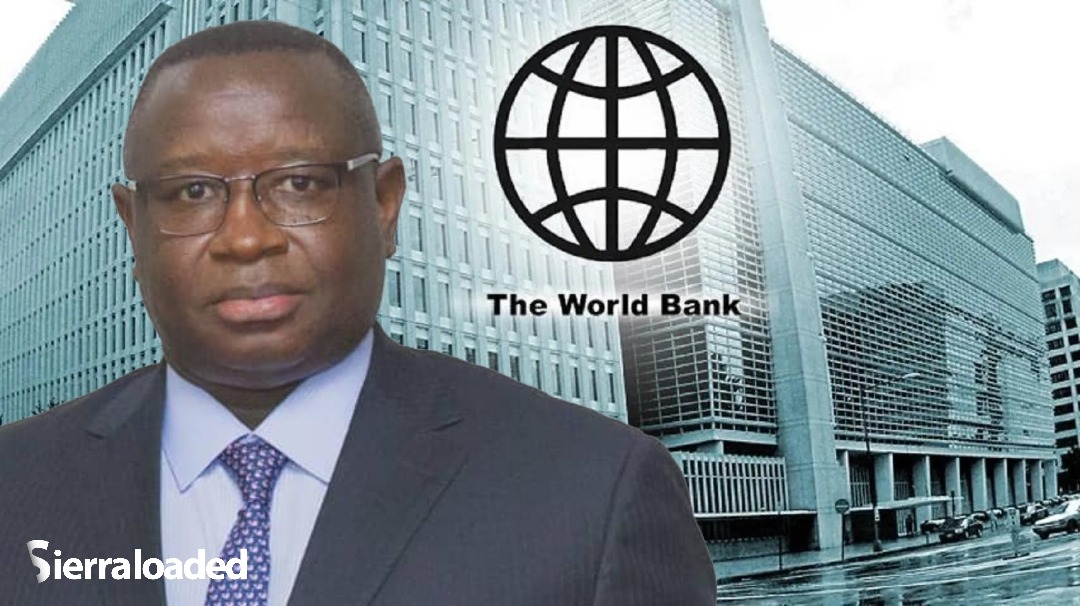According to recent data from the World Bank, food price inflation is having a severe impact, with Sierra Leone being one of the top ten countries affected.
However, Sierra Leone is performing better than some other African countries on the list, such as Ghana, Rwanda, Egypt, and Zimbabwe. Lebanon is experiencing the worst inflation, followed by Zimbabwe, Argentina, Iran, Turkey, Egypt, Rwanda, Ghana, and Suriname.
The World Bank reports that historically high commodity prices, Russia’s war in Ukraine, and volatile fertilizer markets, among other factors, have led to a cost-of-living crisis for many countries, with double- and even triple-digit food price inflation.

The global food crisis has been worsened by the imposition of food trade restrictions imposed after Russia’s invasion of Ukraine, as countries tried to increase their domestic food supplies and control inflation.
The World Bank has compiled a list of the top ten countries with the highest food price inflation using data from December 2022 to March 2023. The bank reports that food price inflation, measured as the year-on-year change in a country’s Consumer Price Index (CPI), remains high.
The latest available data on food price inflation reveals that most low and middle-income countries are experiencing high inflation, with 82.4% of low-income countries having inflation levels above 5%. In 90.7% of the 162 countries with both food CPI and overall CPI indexes, food price inflation has exceeded overall inflation.
The World Bank notes that many countries are experiencing double-digit inflation, particularly in Africa, North America, Latin America, South Asia, Europe, and Central Asia. Furthermore, the United Nations Conference on Trade and Development (UNCTAD) highlights that food inflation remains a significant issue in developing countries in early 2023, contributing to a high cost of living.
The World Economic Forum’s Global Risk Report 2023 has placed the impact of the cost-of-living crisis at the top of its list of the most severe threats over the next two years, as governments and central banks attempt to manage persistent inflationary pressure.
“Food price increases are having devastating effects on the poorest and most vulnerable,” stated David Malpass, the President of the World Bank Group.
He added, “Countries must make a concerted effort to increase the supply of energy and fertilizer, assist farmers in increasing plantings and crop yields, and eliminate policies that obstruct exports and imports, divert food to biofuel, or promote unnecessary storage.”



 Post a comment
Post a comment









Comment(s)
Disclaimer: Comments expressed here do not reflect the opinions of Sierraloaded or any employee thereof.
Be the first to comment